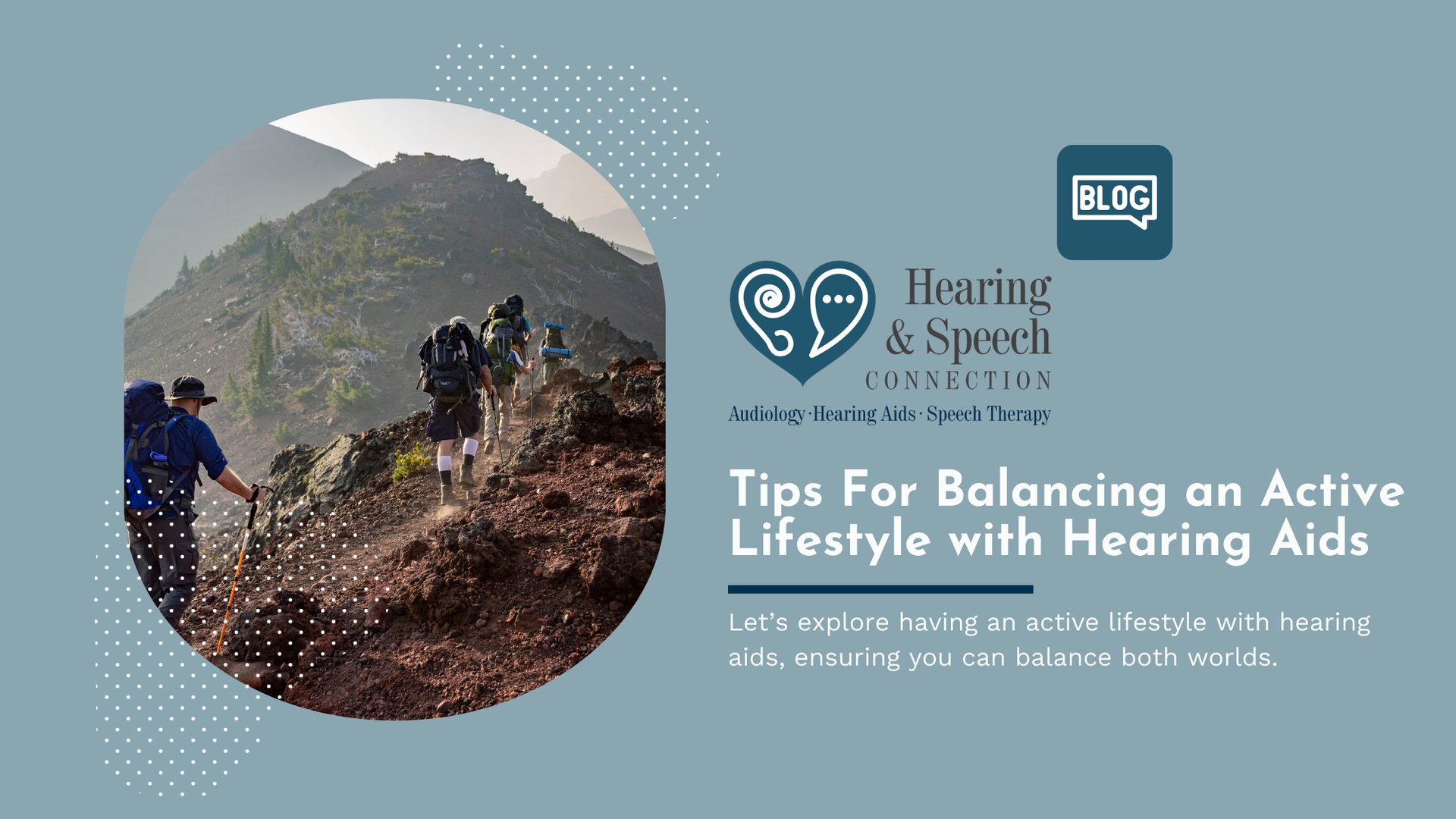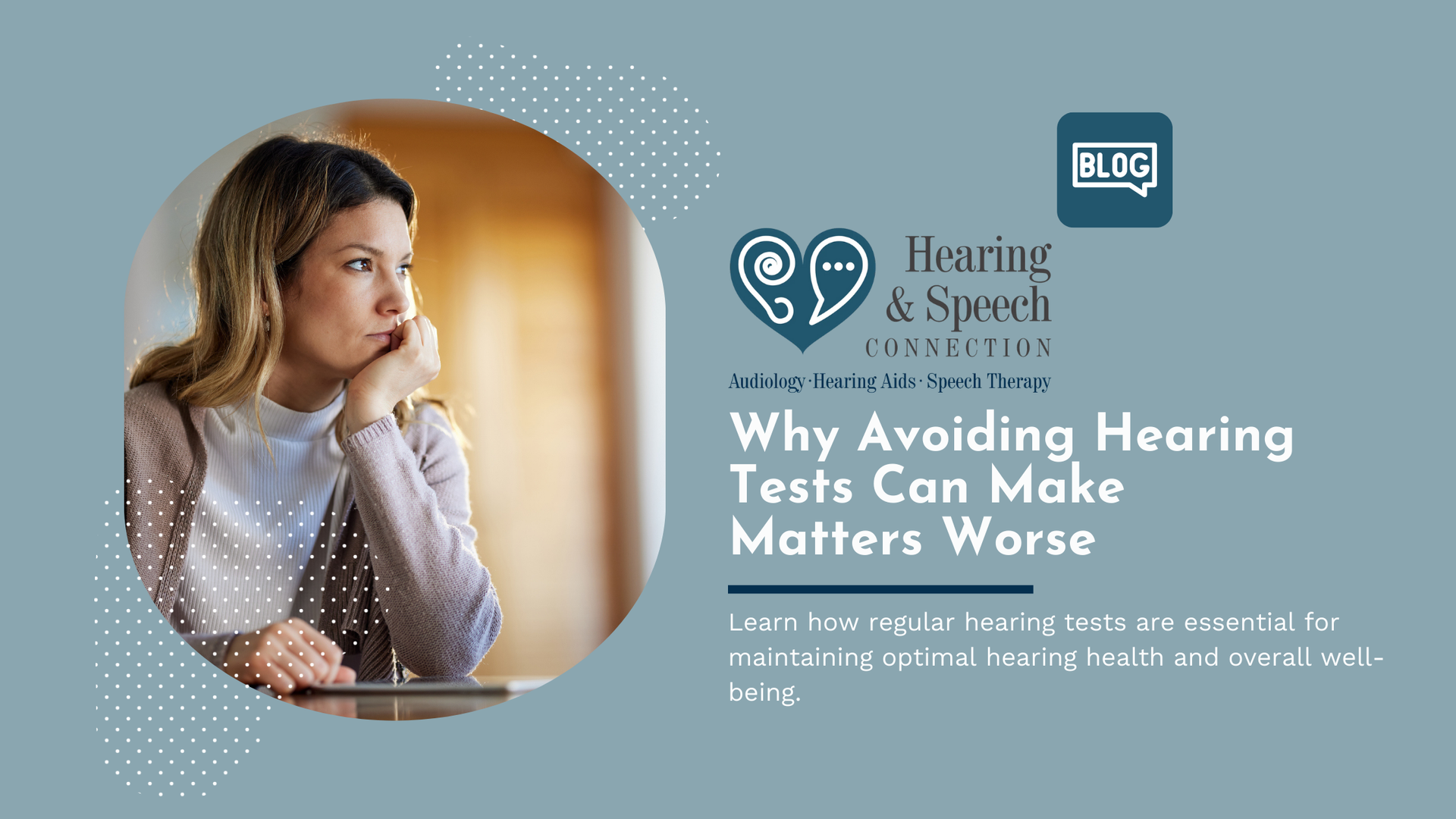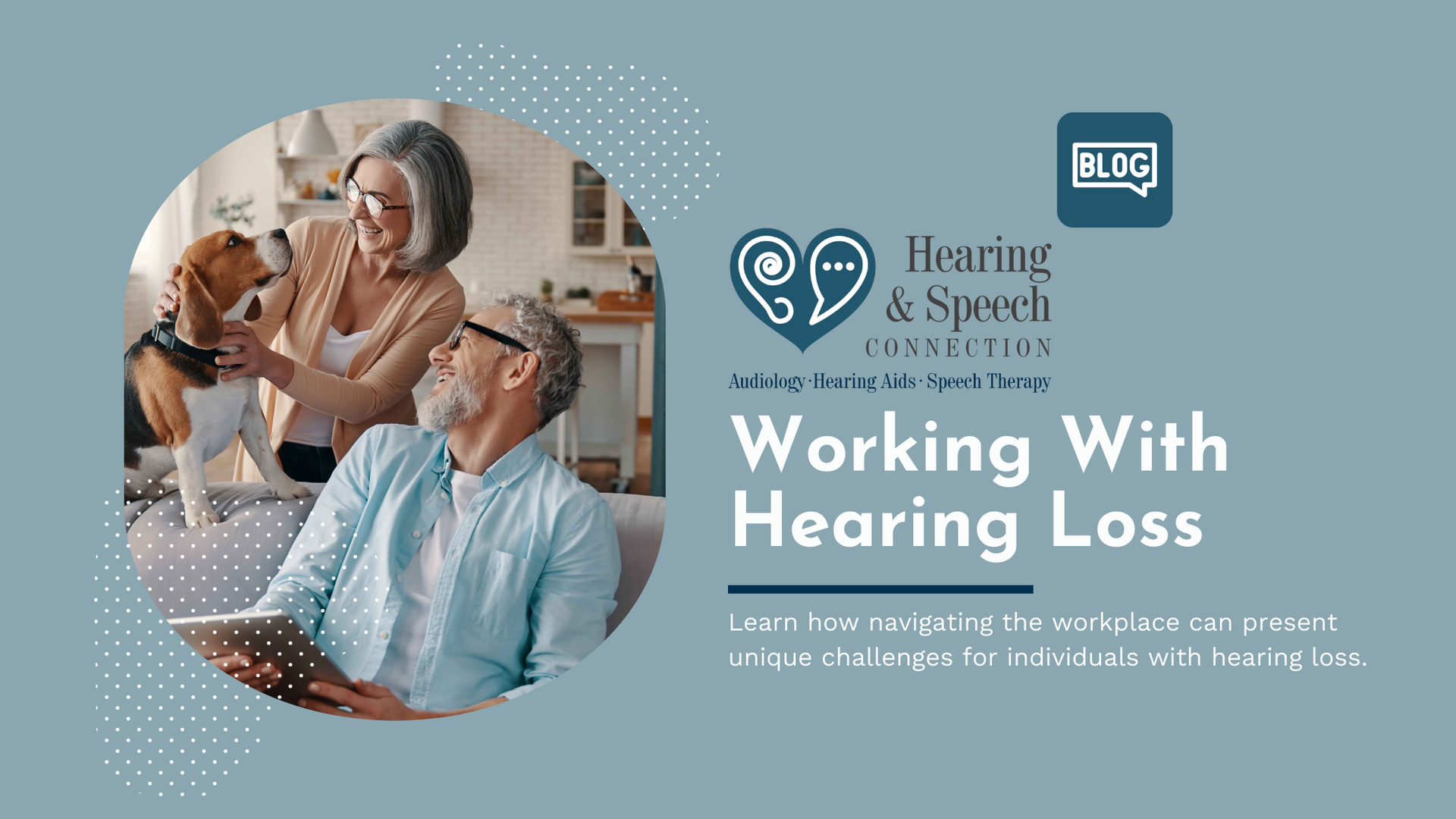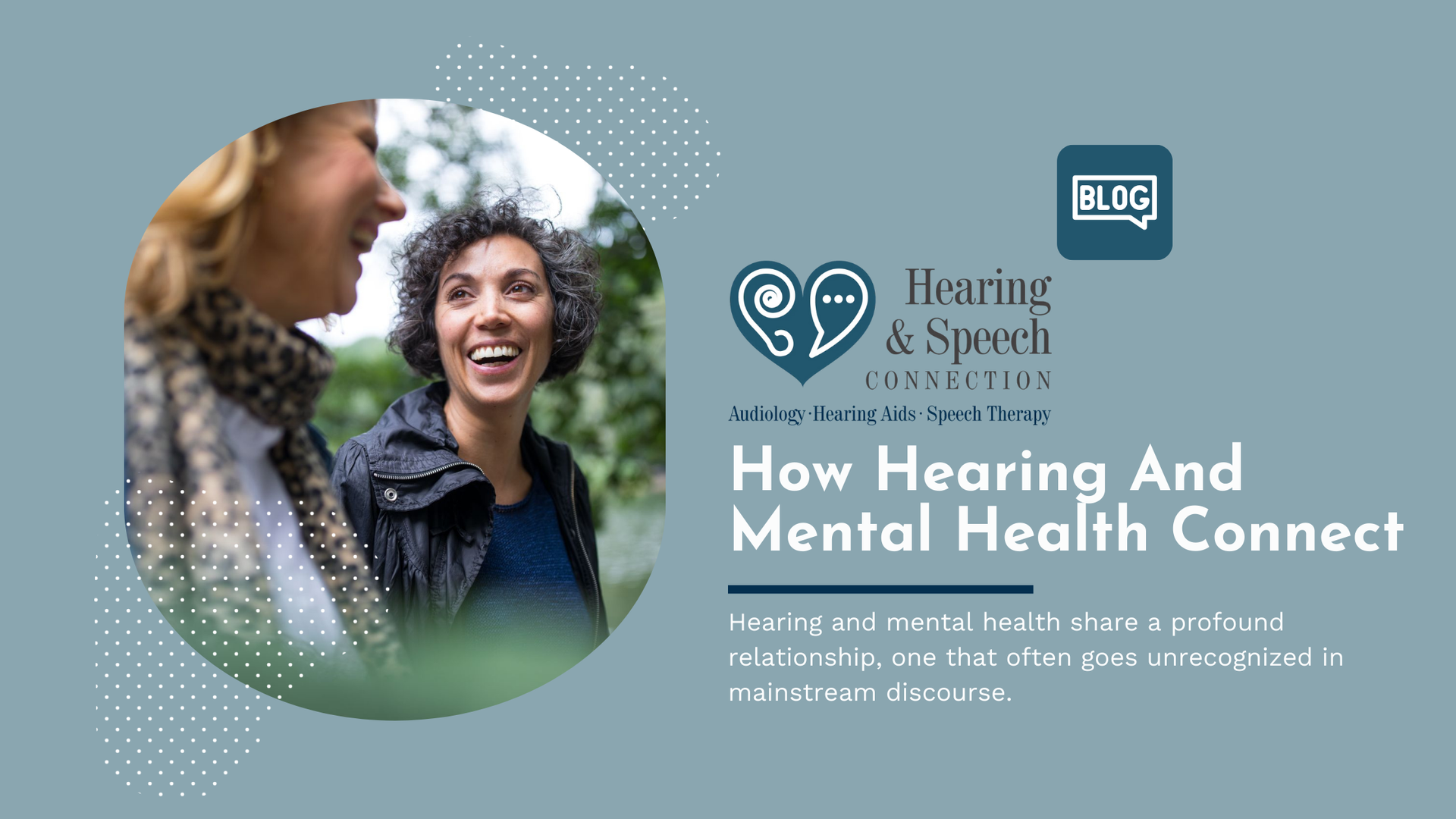Hearing Loss in the Workplace
Nearly 1 in 6 people, over 48 million, have some degree of impaired hearing. A substantial portion of people who are impacted by hearing loss are also in the workforce. A medical condition that reduces capacity to hear and process sound, working with hearing loss can be challenging. Hearing loss symptoms can make navigating work environments, communication, and responsibilities tough. But there are several strategies you can practice and resources you can access to support your hearing health as well as success in the workplace.
Hearing Loss & the Workplace
Work environments are a common source of excessive noise exposure. This can contribute to the development of hearing loss and/or exacerbate symptoms of already diagnosed impaired hearing. According to the Hearing Health Foundation:
- 30 million people are exposed to dangerous levels of noise in the workplace.
- More than 20,000 cases of workplace hearing loss occur every year.
- 24% of hearing loss is caused by workplace noise exposure.
These statistics reveal how pervasive noise and hearing loss are in the workplace. This also highlights the importance of protecting your hearing health and the necessity of implementing safety measures.
Tips for Working With Hearing Loss
There are a variety of ways you can advocate for and support your hearing needs in the workplace. A few tips you can implement include the following:
- Disclose hearing loss: it is common to feel anxious or nervous about disclosing your hearing loss with your employer. It can be tough to discuss personal health matters and you likely don’t want them to think you aren’t able to fully manage your responsibilities. But disclosing your hearing loss is important for key reasons. It allows you to start the conversation about what your hearing needs are and how your employer can help meet those needs. Additionally, it allows you to access workplace accommodations which are critical for success in the workplace. Disclosing hearing loss opens up greater possibilities for resources, services, and support that is available to you. Avoiding disclosure prevents you from accessing the means of support that are there for your success.
- Access workplace accommodations:
the Americans with Disabilities Act (ADA) is an important piece of civil rights legislation that was in 1990. The ADA does two important things: prevents workplace discrimination on the basis of disability and requires employers to proivde workplace accommodations. Workplace accommodations can range from adjustments to workspace, technologies, and resources that enhance accessibility and meet your specific needs. There are several types of workplace accommodations that could be optimal your hearing health needs including:
- Adjustments to work space: making changes to your workspace can help protect your hearing from excess noise exposure. This can look like moving to a quieter area, creating a barrier to block out loud noise etc.
- Amplified phones: this type of phone is designed for people with hearing challenges. It offers easily adjustable volume settings, amplified ringtone, hearing aid compatibility etc.
- Transcription services: this provides real time transcription of audio into text which allows you to better follow along what is being said (on the phone, in meetings etc.).
Other accommodations include requesting meeting agendas in advance and notes after, arranging meeting spaces to ensure you are able to see everyone, hearing protection like headphones etc.
- Share communication strategies:
there are numerous strategies for effective communication. You likely know about the strategies that work best for you and your hearing. A few examples include:
- Grab your attention before starting a conversation.
- Maintain visibility so you can access nonverbal cues like facial expressions and body language.
- Rephrase rather than repeat when you’ve missed part of what they’ve said.
- Speak in a normal voice, taking natural breaks to provide time to fully process and follow along.
- Reduce background noise as much as possible.
- Avoid multitasking like texting, performing work tasks, or emailing while having a conversation.
Sharing these strategies with the people you work with invites them to participate in
creating the conditions for effective communication. - Advocate for your hearing needs: be sure to always prioritize and advocate for your hearing needs. It is important to not pretend to hear or avoid asking for the resources you need. You are entitled to an accessible workplace which you can access by disclosing your hearing loss and advocating for your hearing health
Using these strategies can provide you with significant support, allowing you to navigate the workplace with greater ease. Contact us to learn more!
The post Hearing Loss in the Workplace appeared first on Hearing Connection.




All Rights Reserved | Hearing Connection
